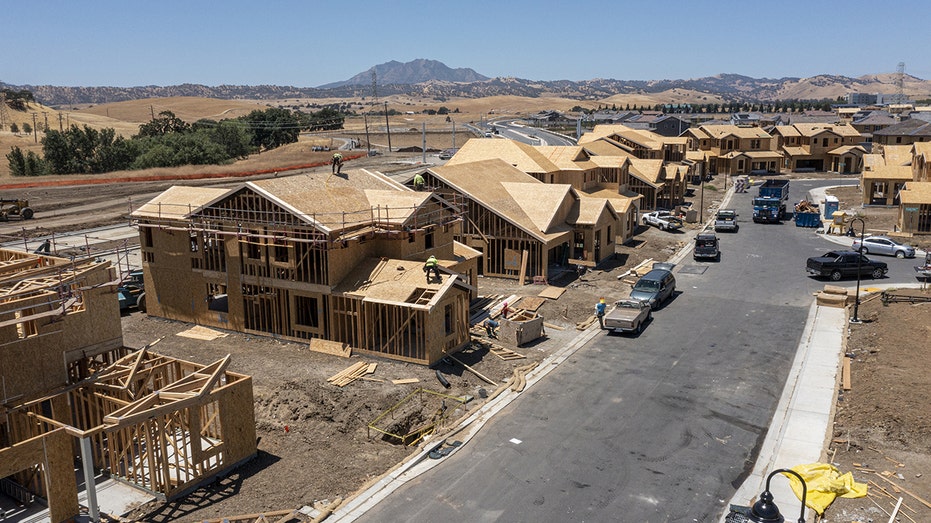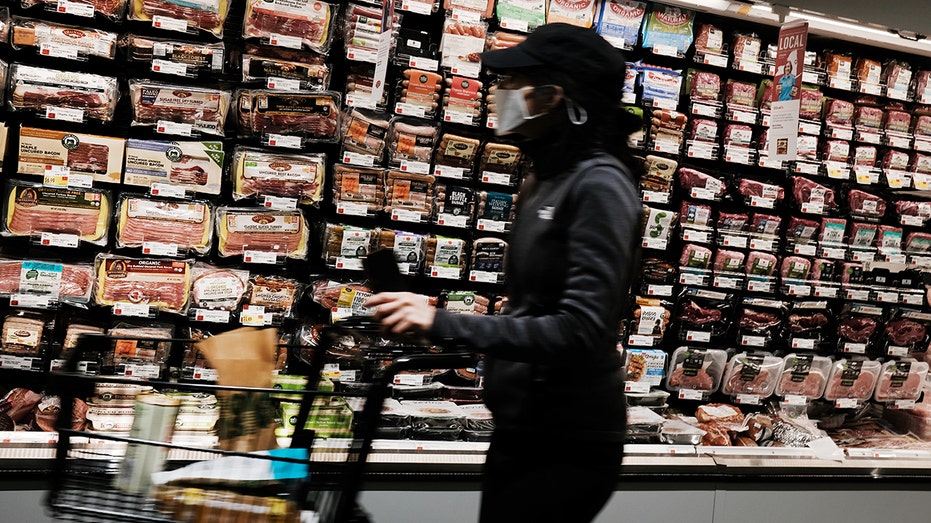Monday's trading: 5 things to know
June US consumer inflation accelerated to 9.1% in June, a pace unseen in more than four decades as traders say Fed will aggressively raise rates
Here are the key events taking place on Monday that could impact trading.
TAMING INFLATION: Investors are trying to assess how officials will balance the need to tame inflation with concerns over a potential recession. U.S. consumer inflation accelerated to 9.1% in June, a pace not seen in more than four decades, boosting expectations among traders that the Federal Reserve will raise interest rates more aggressively to tame it. At the same time, tighter financial conditions could weigh on growth. With more than two-thirds of U.S. economic activity tied to household spending, recessions typically are accompanied by a pullback by consumers. Yet the Commerce Department reported that Americans' retail spending rose 1% in June from the prior month, after declining in May.

The National Association of Homebuilders monthly report for July is anticipated to show homebuilder sentiment will decline for the seventh consecutive month, the longest streak since October 2007. Pictured: Contractors work on a home under constructi (David Paul Morris/Bloomberg via Getty Images / Getty Images)
HOMEBUILDERS REPORT DUE: A survey of homebuilders – to be released Monday at 10 a.m. ET -- is expected to signal continued cooling in the housing market in July. The National Association of Homebuilders report is anticipated to show homebuilder sentiment will decline for a seventh consecutive month, the longest losing streak since October 2007, to 66, the lowest since June 2020. It would signal that two-thirds of NAHB members regard business conditions as good, but rising borrowing costs, and higher input prices and inventories, are taking their toll on the mood of homebuilders.
CONSUMER SENTIMENT RISES UNEXPECTEDLY FROM RECORD LOW
LEVELING OFF: U.S. consumer sentiment leveled off in early July, staying at subdued levels amid concerns over inflation and a coming economic recession. The preliminary estimate of the consumer sentiment index published Friday by the University of Michigan increased to 51.1 in July from 50.0 in June, hovering near its all-time low.

People shop at a grocery store on May 12, 2022 in New York City. Prices of clothing, food, gas and cars are just a few of the items that are hitting Americans' pocketbooks despite historically low unemployment. Giving hope to economists, some key inf (Photo by Spencer Platt/Getty Images / Getty Images)
RETAIL SPENDING HIGHER: With more than two-thirds of U.S. economic activity tied to household spending, recessions typically are accompanied by a pullback by consumers. Yet the Commerce Department reported that Americans' retail spending rose 1% in June from the prior month, after declining in May. "You don't get a recession by adding 6 million jobs or having consumer spending that isn't shrinking," Mr. McMillan said. "A lot of the retail report was just inflation. But on the other hand, sales are not going down, either. This doesn't say 'recession.'"
WHITE HOUSE ADMITS HIGH INFLATION, DENIES RECESSION AS BIDEN LOOKS TO SPEND
ASIAN STOCKS: China's Shanghai Composite fell 1.6%, and Hong Kong's Hang Seng declined 2.2% last week. China recorded its weakest growth rate in more than two years, a measure of the costs imposed on the world's second-largest economy by Beijing's zero-tolerance approach to COVID-19.




















